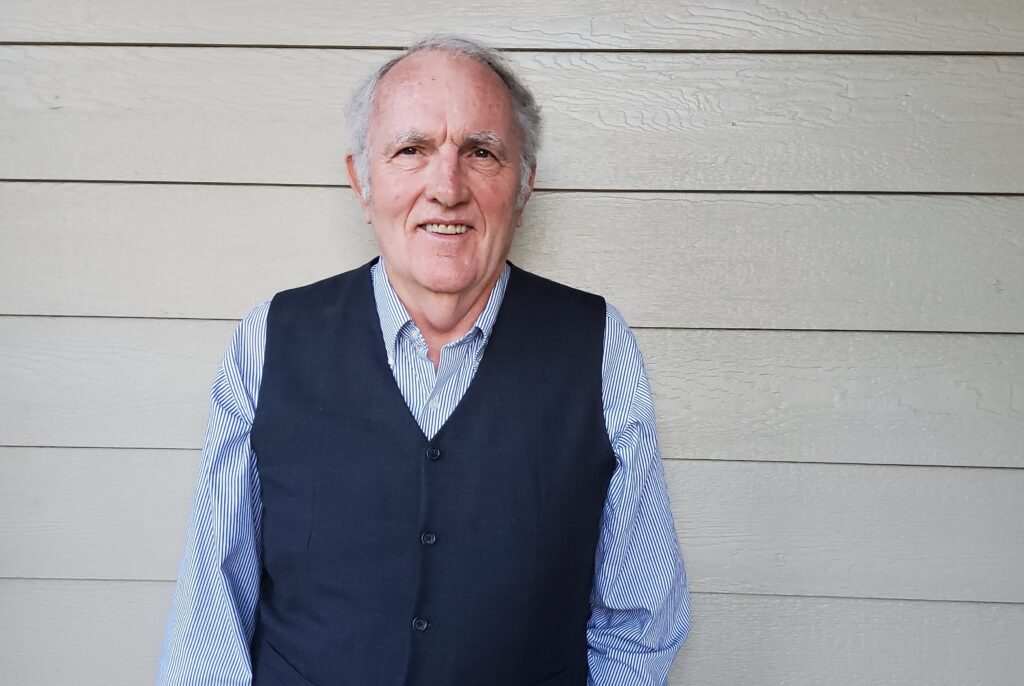Richard Shafer, consultant and editor for the Washington State University Graduate Writing Center, has received a Fulbright Fellowship—his second—to establish a similar writing center at the Kabale University School of Medicine in western Uganda.
Shafer will also lecture and conduct science and medical writing seminars and workshops there beginning in January.
“The dissemination of scientific and medical research is critical to human health and well being worldwide,” said Shafer. “Graduate student and faculty researchers can be assisted to disseminate their results effectively through improved writing and editing skills. Those are fostered by the WSU Graduate Writing Center and the one we hope to establish at Kabale University.”
WSU as a model program
Shafer cites the WSU center as a model for preparing graduate students to successfully conduct and publish their research. It is also a resource for faculty members who direct graduate students. The center’s editing and writing consulting services help students refine their writing to complete a thesis or dissertation, or formulate an academic paper or journal article.
Regarding his Fulbright, he said, “I selected Kabale Medical School because it is new and in need of resources. It also is in a magnificent region of Uganda with high volcanoes, mountain gorillas and other African wildlife, long and deep Rift Valley lakes, and an expanse of mountain ranges and forests.”
Extensive expertise
Shafer retired from the University of North Dakota School of Communication in 2017 and taught for WSU’s Edward R. Murrow College of Communication before joining the staff of the Graduate Writing Center. It is part of the Division of Academic Engagement and Student Achievement in the provost’s office.
Shafer served as a visiting journalism and mass media professor and consultant worldwide since his first Fulbright fellowship to Yugoslavia in 1989. He has lectured and conducted workshops and seminars for the U.S. State Department and numerous international foundations in more than 40 countries, and worked at more than 100 international universities as a journalism and research writing instructor. Most recently he was a visiting professor in Rwanda and Ethiopia.
He earned a Ph.D. in rural sociology and journalism from the University of Missouri.
Shafer’s wife, Jill, was also a visiting Fulbright scholar. She is an academic advisor for the Digital Technology and Culture program in the College of Arts and Sciences.
The Fulbright Program
The Fulbright Program is a U.S. government international educational exchange program. This year marks the program’s 75th anniversary. Since 1946, Fulbright awards have provided more than 400,000 participants from more than 160 countries the opportunity to study, teach, and conduct research, exchange ideas, and contribute to finding solutions to shared international concerns.






